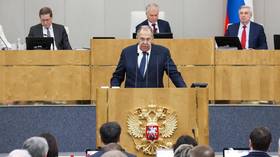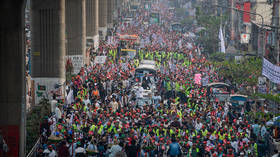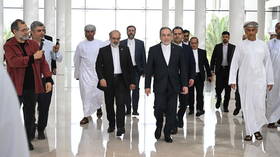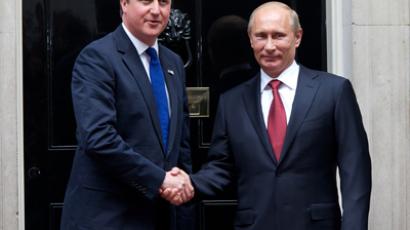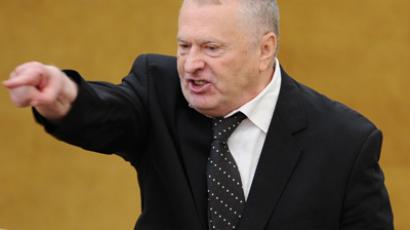No proof of Russian cluster bombs in Syria - Lavrov
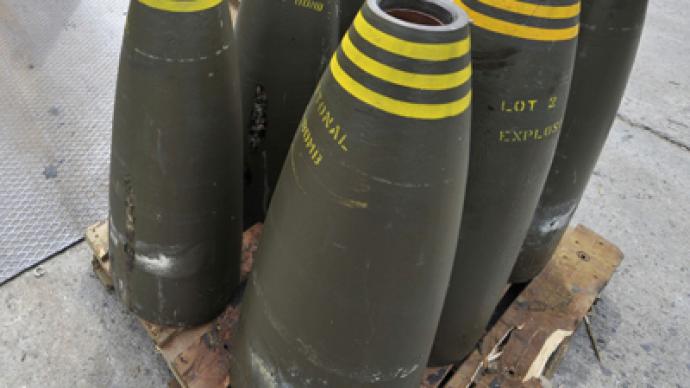
The Foreign Ministry has not confirmed allegations by human rights organizations that Russian cluster bombs are being widely used in Syria.
"There are a lot of illegally supplied weapons in the Middle East and it is often very difficult to indentify their origin," Russia's Foreign Minister Sergey Lavrov told journalists on Monday.Human Rights Watch reported Russian cluster bombs were being used in Syria."There is no confirmation of that,” Lavrov stressed. “The region is loaded with weapons, which are being brought into Syria and other countries in huge amounts and illegally."Russia has been at loggerheads with the West over how to resolve the protracted conflict, which has claimed the lives of thousands of civilians. Moscow, with the support of Beijing, are pushing for Syrian rebels and forces loyal to President Bashar al-Assad to honor an immediate ceasefire and enter negotiations. Western nations, however, have thrown their support behind Syria’s political opposition, which observers say is comprised of various elements, including terrorist groups like al-Qaeda.In June, The Wall Street Journal reported that the United States was working actively on the ground with the Syrian opposition.“US intelligence operatives and diplomats have stepped up their contacts with Syrian rebels in part to help organize their burgeoning military operations against President Bashar al-Assad's forces,” the newspaper, quoting senior US officials, reported. “The Central Intelligence Agency and State Department…are helping the opposition Free Syrian Army develop logistical routes for moving supplies into Syria and providing communications training.”Given this level of foreign involvement in the Syrian conflict, it is no surprise the country is littered with munitions.Human Rights Watch cited 18 videos that have been posted on YouTube showing the aftermath of the cluster bomb strikes in recent days that reportedly affected about a dozen Syrian towns.Residents from the towns of Taftanaz and Tamane`a stated in interviews with HRW that helicopters dropped cluster munitions on or in the proximity of their location on October 9.Cluster bombs are designed to explode in the air after release, sending dozens of “bomblets” over an area the size of a football field. These bomblets often fail to explode on impact, and pose a risk to the population who come in contact with them.Meanwhile, Foreign Minister Lavrov noted that due to the Syrian conflict’s “internationalization” the supply of weaponry there is in abundance.“It is very hard to establish who, when and how supplies of ammunition or other types of armaments got there,” the foreign minister concluded.Robert Bridge, RT




